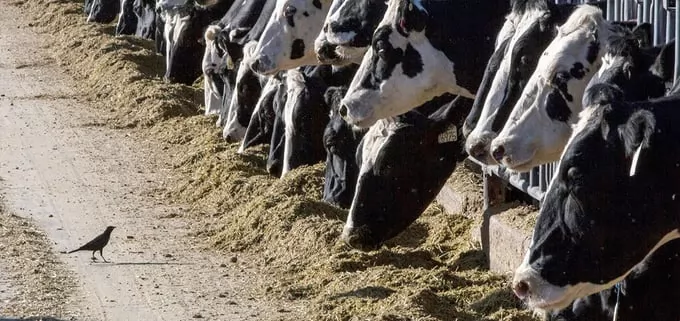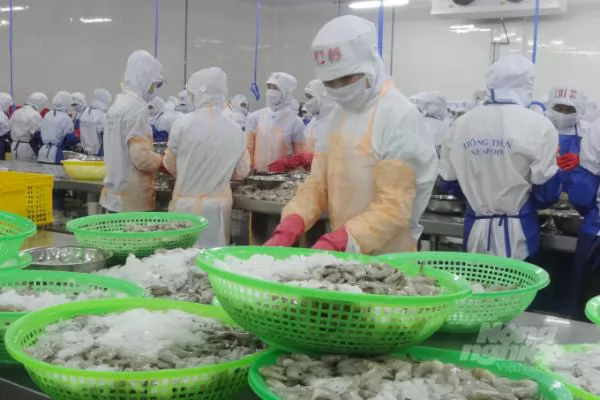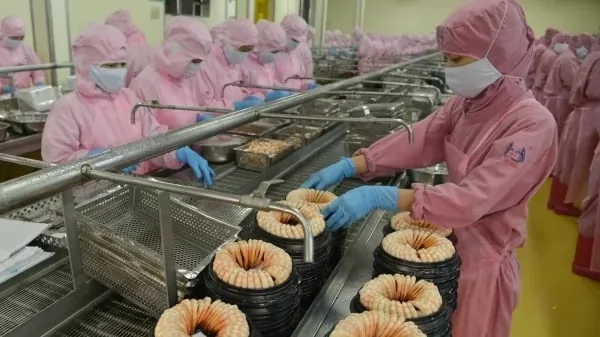International efforts help preserve Vietnam pheasant

White-crested pheasant (Photo: VNA)
Belgium’s Antwerp Zoo will contribute two young birds and conduct genetic research to ensure the released population maintains healthy diversity.
Brussels (VNA) - Belgium’s Antwerp Zoo has announced its involvement in a global initiative to reintroduce the critically endangered Vietnam pheasant into its native habitat.
This rare bird, a symbol of Vietnam’s rich biodiversity, is teetering on the brink of extinction due to habitat destruction and poaching.
As part of the campaign, Antwerp Zoo will contribute two young birds and conduct genetic research to ensure the released population maintains healthy diversity.
The ultimate goal is to establish three sustainable populations of pheasant at different locations in the forests of central Vietnam that can sustain themselves without further human help, said Jan Dams, head of the project.
Discovered in the late 19th century, the Vietnam pheasant once inhabited Vietnamese lowland forests along rivers. However, years of war and deforestation devastated its habitat, pushing the species to the brink of extinction. For the past 25 years, there have been no confirmed sightings of the bird in the wild.
In 2024, the International Union for Conservation of Nature (IUCN) officially classified the Vietnam pheasant as "Critically Endangered – Possibly Extinct in the Wild." However, hope endures as around 1,000 Vietnam pheasants are currently safeguarded in zoos across the globe, forming a vital foundation for species restoration.
The non-governmental organisation Viet Nature has built a centre for the bird, adjacent to a nature reserve where the species once occurred. It will continue to breed specimens from participating zoos and will set up an educational project to involve the local community. /.
VNA
Maybe you are interested

Bird flu discovered in U.S. dairy cows is disturbing
Scientist who tracks infections on cattle farms discusses implications of recently announced virus detections.

Vietnam's seafood industry is confident to face challenges
(VAN) The flexibility of Vietnamese farmers in cultivation has been proven throughout the country's long tradition associated with agriculture.

Seafood exports to Japan encounter difficulties with the Doxycycline antibiotic indicator
The allowable maximum residue threshold that Japan stipulates for the Doxycycline antibiotic in imported seafood is causing difficulties for seafood exports to this market.





